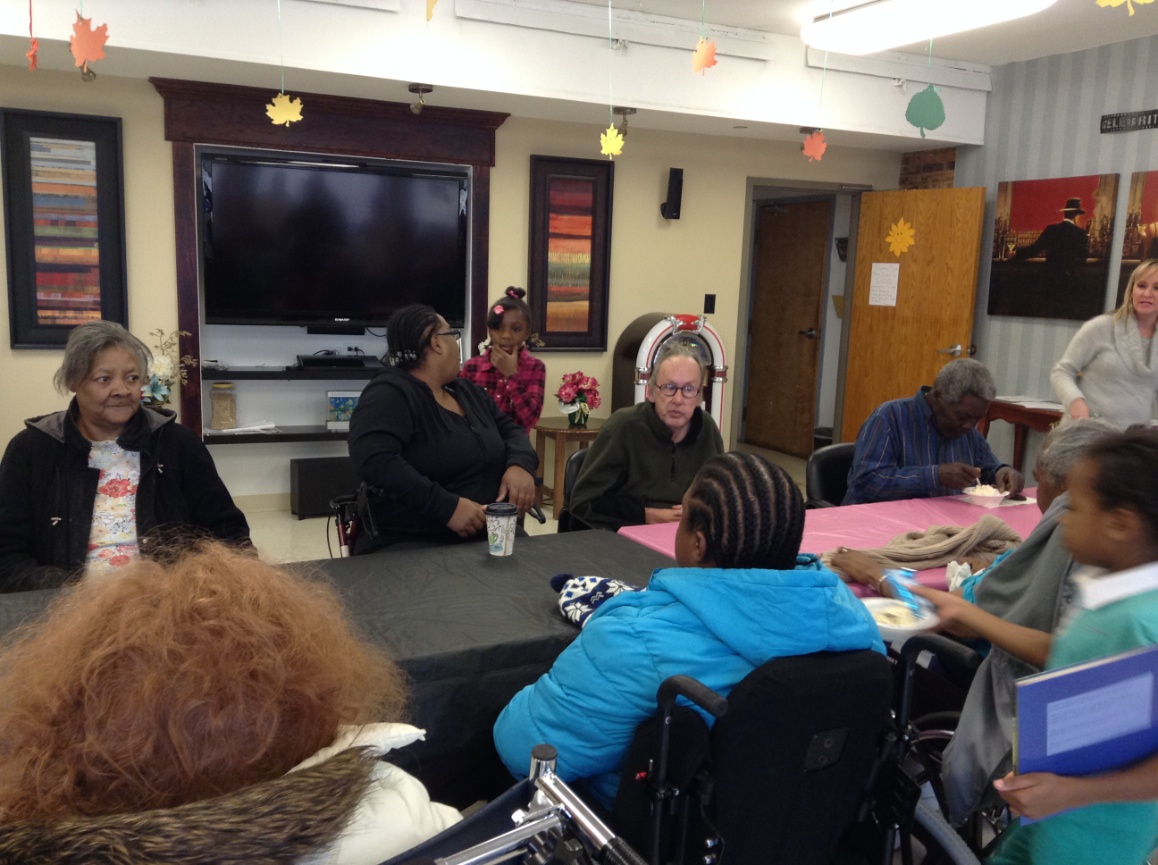The Bahá’í teachings present a profound exploration of character development, service, and community engagement, intertwining individual growth with collective well-being. This intricate framework emphasizes that the elevation of one’s character is inherently linked to the betterment of society. As global citizens navigators of a complex world, it is imperative to delve into these teachings and their implications for fostering unity and spiritual growth.
At the heart of the Bahá’í faith lies the concept of character, which is regarded as the foundation of a meaningful life. Character in this context extends beyond mere reputation; it encapsulates virtues such as honesty, integrity, compassion, and humility. The development of virtuous character is foundational to personal advancement and societal progress. The teachings articulate that “the betterment of the world can be accomplished through the education of children,” thereby underscoring the importance of instilling these values from a young age.
Moreover, the concept of service is intricately woven into the fabric of Bahá’í teachings, wherein individuals are encouraged to engage selflessly in community service. This service is not a mere obligation but rather a manifestation of one’s spiritual growth and an expression of love for humanity. Engaging in acts of service cultivates empathy, social responsibility, and a profound understanding of the interconnectedness of all people. Bahá’ís are urged to undertake meaningful service projects that uplift their communities, enhancing the social fabric and nurturing communal harmony.
Additionally, the notion of community in Bahá’í teachings extends beyond geographical boundaries. It encompasses a diverse tapestry of humanity, advocating for universal peace and cooperative advancement. The Bahá’í understanding of community emphasizes inclusivity, fostering environments where individuals from varied backgrounds can coexist and collaborate harmoniously. Such principles are crucial in contemporary society, which often grapples with division and discord.
When exploring the nexus between character, service, and community, it becomes evident that character development is not merely an internal process but a catalyst for communal transformation. The teachings propose that individuals must strive for personal excellence while simultaneously considering their responsibilities to others. This dual focus fosters a holistic approach to service, wherein personal attributes directly influence one’s ability to contribute to the community effectively.
In elucidating the significance of character in service and community, it is vital to consider the attributes that constitute a strong moral character. Courage, for example, is imperative in confronting injustice. Against the backdrop of societal challenges, the Bahá’í teachings implore individuals to be steadfast in their convictions. Courage is not the absence of fear but rather the resolve to act rightly despite perceived dangers. This strength becomes essential in advocating for social change and serving as a beacon of hope.
Similarly, compassion serves as a fundamental pillar of character as espoused by Bahá’í teachings. The capacity to empathize and extend kindness towards others fosters a sense of community cohesion. Acts of compassion, no matter how small, resonate within a community, promoting a culture of support and understanding. It is through such interconnectedness that individuals become motivated to engage in service, aimed at alleviating the hardships faced by others.
Service, as expressed in Bahá’í literature, also transcends conventional boundaries, melding personal fulfillment with global responsibilities. The teachings elucidate that the highest form of service is one that is infused with love and devotion. This perspective redefines service as a spiritual act, suggesting that the motivations behind our actions significantly shape their impact. Service emerges as a formative experience, nurturing the soul and propelling personal and communal evolution.
Furthermore, Bahá’í teachings assert that community engagement is a collaborative endeavor. It is not sufficient for individuals to serve in isolation; they must work together towards common goals. This cooperative mechanism reinforces the foundation of a healthy community, wherein each member contributes their unique talents and perspectives. The collective efforts of diverse individuals can yield transformative results, enabling communities to tackle systemic issues with resilience and innovation.
In examining practical applications of these teachings, one can find manifold avenues for engagement. Educational initiatives, for instance, may include mentorship programs that empower younger generations, instilling in them both character and a passion for service. Additionally, community forums that encourage dialogue about pressing local issues can cultivate a sense of ownership and belonging among participants. Such collaborative platforms facilitate the sharing of ideas and strategies, promoting a culture of unity and cooperation.
Moreover, the integration of service into daily life can manifest in various forms, from volunteering at local shelters to organizing community clean-up events. Each act of service, regardless of its scale, contributes to the cumulative growth of character and the enhancement of the community. As individuals witness the positive outcomes of their collective efforts, they are more likely to be inspired to sustain their engagement.
In conclusion, the Bahá’í teachings offer a robust framework that intricately connects character, service, and community. As individuals cultivate virtuous traits and engage meaningfully with others, they foster a ripple effect that elevates the entire community. In times of uncertainty and division, these principles serve as a guiding light, reminding humanity of its shared purpose. As the global landscape continues to evolve, the clarion call to embody these teachings is imperative for achieving not just individual fulfillment but the collective aspiration for a more harmonious and just society.
